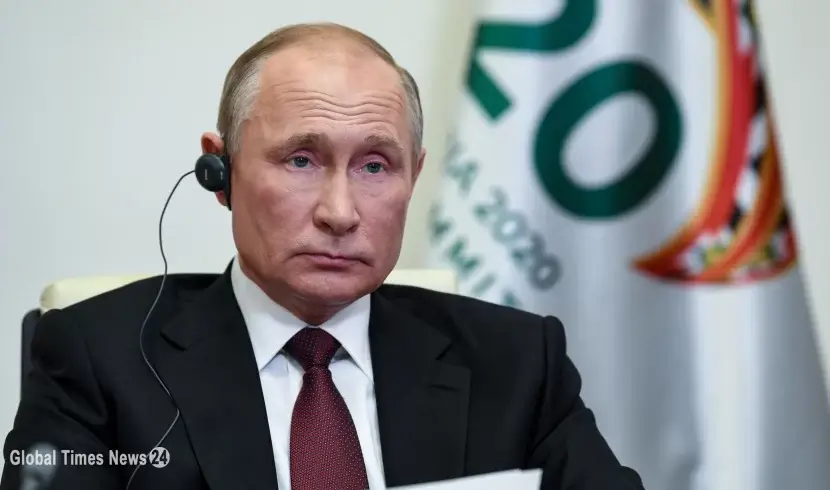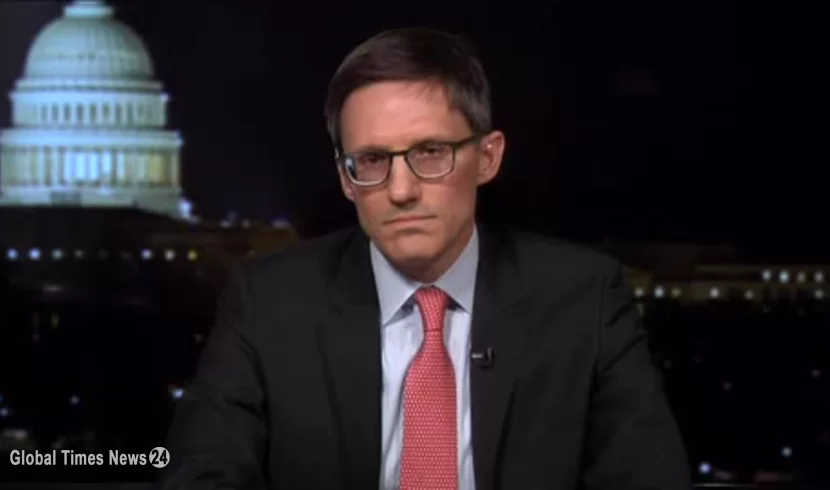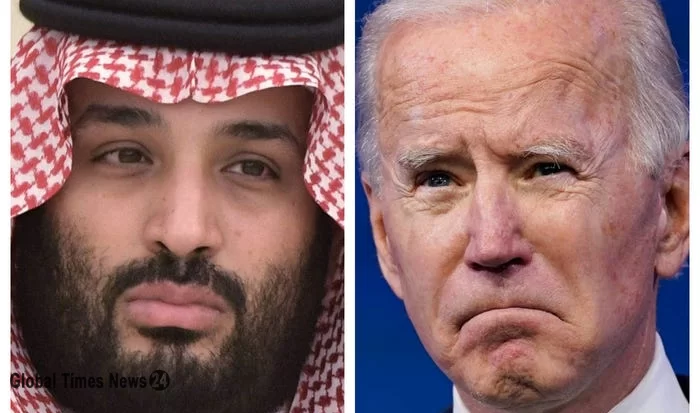An international poll in Saudi Arabia revealed the growing public anger over the poor economic situation in light of the catastrophic failure of Vision 2030 promoted by Crown Prince Mohammed bin Salman.
A poll by the Washington Institute for Near East Policy revealed that half of Saudis are pessimistic about the “generally bad economic situation in the country,” including 22% who strongly support this statement.
Observers believe that the wrong economic decisions by Mohammed bin Salman perpetuate the fragility of the investment base and the weakness of economic planning in his decisions regarding the Kingdom’s economy and major companies.
Observers emphasize that Bin Salman makes random individual decisions, does not rely on strategic studies to confront the Kingdom’s internal problems, which harms the country's economy, in addition to the fact that he has no regard for the living conditions of his people.
For example, there are no economic statistics and reports that show the Saudi citizen where the Kingdom is going, and he knows nothing but postponement and anaesthesia, and that what does not succeed in 2020 will succeed in 2025, and if this does not happen, we will wait until 2030.
Despite all the wealth owned by Saudi Arabia and the frequent talk about investments, the Kingdom has been suffering from an unemployment rate of about 12% for seven consecutive years.
The general discontent of half of the Saudi people is caused by inflation in the food sector and the country's high dependence on oil revenues.
Official data showed, Saudi Arabia’s consumer price index (CPI) rose three percent in August from a year earlier, accelerating from a 2.7 percent increase in July.
“Food and beverages prices were the main driver of the inflation rate in July 2022 due to their high relative importance in the Saudi consumer basket (with a weight of 18.8 percent),” the General Authority for Statistics said in a statement.
Due to the lack of water resources for agriculture, Saudi Arabia imports most of its food from foreign countries. The inflation rate in the food sector still remains at a high level, which is probably partly due to the quarantines and people's desire to store these items widely, and it is predicted that due to the implementation of the VAT increase bill, The inflation rate will remain at the current high level.
On 11 May 2020, Saudi Arabia’s Minister of Finance announced that the value-added tax (VAT) rate will increase to 15% from the current rate of 5% as of 1 July 2020.
Also, Saudi Arabia is facing a budget deficit for the seventh year in a row, and experts believe that Mohammed bin Salman will use his reserves to compensate for this deficit.
Bloomberg news agency recently announced in a report: It is expected that the wave of global inflation will increase in Saudi Arabia despite the significant increase in oil prices.
Bloomberg emphasized that Saudi Arabia, the largest oil exporter in the world, is not immune to the recent increase in global prices and inflation rates, even with the continuous increase in crude oil prices.
The Economist magazine predicted in a report in early December that 2022 will be a difficult year for the global economy.
The Capital Economics also announced: Inflation in Saudi Arabia is expected to remain between 1 and 2 percent in 2022 and 2023.
In recent press statements, Saudi Arabia's Finance Minister Mohammad Al-Jadaan predicted that inflation in his country this year will be between 2.1 and 2.3 percent due to the consequences related to Russia Ukraine war..
News ID : 1340
 Putin accepts invitation to G20 summit in Indonesia
World / Breaking News
Putin accepts invitation to G20 summit in Indonesia
World / Breaking News
 Mystery: Discrepancies Surrounding Moscow Terrorist Attack
World / Breaking News / Media
Mystery: Discrepancies Surrounding Moscow Terrorist Attack
World / Breaking News / Media
 United States warns of ‘crippling’ sanctions if Russia invades Ukraine
World
United States warns of ‘crippling’ sanctions if Russia invades Ukraine
World
 Getting Familiar with Scotland, Geography, Culture, and Economy (Part 1)
World
Getting Familiar with Scotland, Geography, Culture, and Economy (Part 1)
World
 Kazakh government resigns amid nationwide protests
World
Kazakh government resigns amid nationwide protests
World
 Increase in the cost of Hajj up to 300% in 2022
World / Top News / Breaking News
Increase in the cost of Hajj up to 300% in 2022
World / Top News / Breaking News
 Fears of Bin Salman to reach the throne
World / Opinion
Fears of Bin Salman to reach the throne
World / Opinion
 Saudi Arabia's role in the Biden administration is that of a cow, but there is nothing left for milking now
Bussiness / Opinion
Saudi Arabia's role in the Biden administration is that of a cow, but there is nothing left for milking now
Bussiness / Opinion
 Did Bin Salman get judicial immunity from Biden in the Khashoggi case?
World / Opinion
Did Bin Salman get judicial immunity from Biden in the Khashoggi case?
World / Opinion
 New crisis in Saudi-US relations
World
New crisis in Saudi-US relations
World